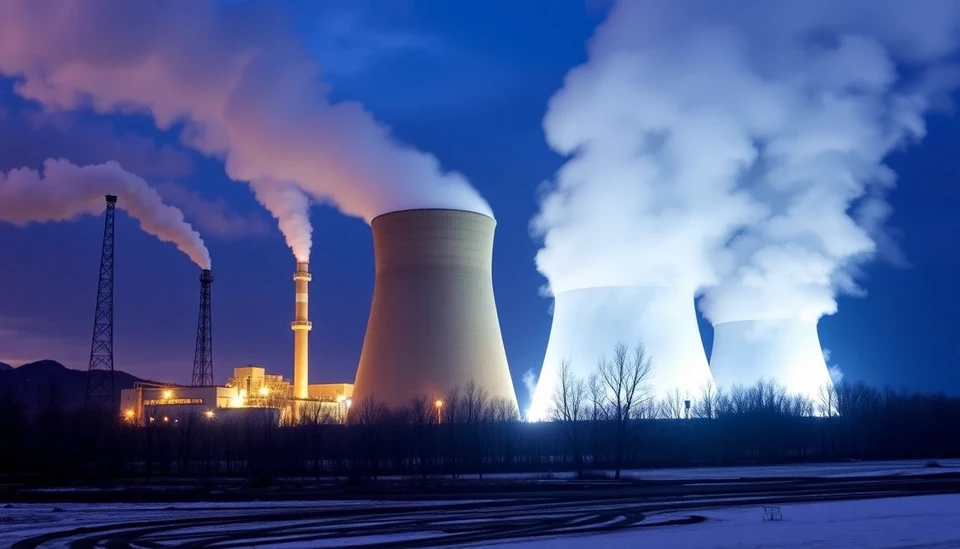
The climate crisis has reached an unprecedented stage, prompting a growing discourse on the necessity of climate engineering—technological interventions to manipulate the Earth’s climate system. As the impacts of climate change become increasingly catastrophic and unavoidable, experts are urging for a structured framework that governs these potentially transformative but risky technologies. The debate centers on the ethical implications, potential risks, and environmental consequences involved in altering our planet's natural systems.
Recent discussions highlight a variety of climate engineering proposals, ranging from solar radiation management, which aims to reflect sunlight away from the Earth, to carbon capture technologies designed to reduce excess atmospheric carbon dioxide. While these innovative approaches promise to mitigate the effects of global warming, they also bring a plethora of ethical dilemmas and uncertainty regarding their implementation and outcomes.
Advocates for climate engineering argue that with ecological disasters intensifying—punctuated by rising sea levels, extreme weather events, and diminishing biodiversity—there may be no choice but to consider these advanced methods as part of a comprehensive strategy to combat climate change. Yet, many experts caution that without adequate guidelines and regulations, such interventions could lead to unintended consequences, further complicating the climate crisis rather than alleviating it.
The call for a regulatory framework is underscored by concerns over "hacking the planet." Critics fear that climate engineering could be misused or poorly managed, raising the specter of geopolitical tensions as nations may engage in climate manipulation to gain competitive advantages. As different countries experiment with such technologies, it is imperative to establish international norms and guidelines to foster cooperation and prevent conflict.
Key to this regulatory dialogue is the urgent necessity to include diverse perspectives, particularly those from vulnerable communities that are most affected by climate change. Historically, the voices of these populations have been marginalized in discussions surrounding climate interventions. Ensuring equitable participation in decision-making processes regarding climate engineering is essential to avoid exacerbating existing social and environmental injustices.
Furthermore, the development of technologies for climate engineering poses significant scientific and public concerns. Researchers must thoroughly study the potential impacts these methods could have on global weather patterns, ecosystems, and human health. Establishing a rigorous scientific process for assessing risks and benefits will be critical for gaining public trust and consensus on the appropriateness of these interventions.
As nations grapple with the inconsistencies in climate policies and practices, the time is ripe to establish a global conversation about the role of climate engineering in our climate response strategy. A united approach, grounded in scientific research, ethical considerations, and equitable policy frameworks, could lead to a more balanced examination of these tools that might be utilized to combat climate change.
In conclusion, while climate engineering may represent a frontier in addressing the escalating impacts of climate change, it is integral that humanity approaches this technology with careful deliberation and responsibility. The path forward demands not only innovation but responsible governance to safeguard our planet and its inhabitants.
#ClimateCrisis #ClimateEngineering #EnvironmentalPolicy #Sustainability #EthicsInScience #Geopolitics #PublicSafety #GlobalCooperation
Author: Sophie Bennett




